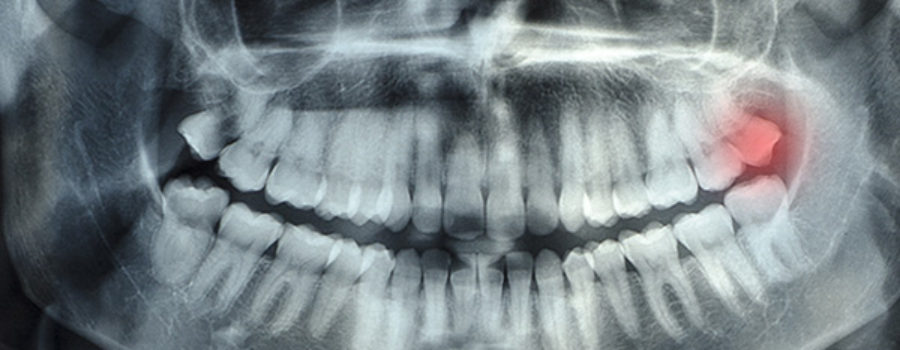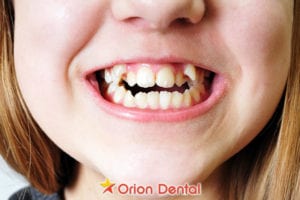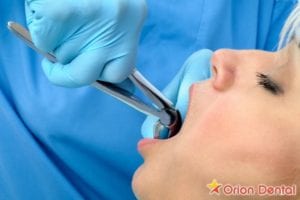You’ve just been to see your dentist and they’ve told you that you have to get your wisdom teeth out. But don’t be nervous – wisdom teeth removal is a very common procedure that about 85% of people go through. It doesn’t hurt if done properly and if you take care of your mouth afterwards. Here is some insight into what you can expect if you’re getting your wisdom teeth removed.
What Are Wisdom Teeth and Why Do They Need to be Removed?
Wisdom teeth – often called the third molar – are at the very back of the teeth. Adult molars usually start growing in when a person is 12 years old, but wisdom teeth don’t usually start growing in until a person is about 20.
Sometimes, wisdom teeth grow in at an angle, are impacted (they don’t have enough room to grow in properly) or they don’t fully erupt from the gum so are partially covered by gum tissue which can lead to cavities and tooth decay.
In such cases, your dentist will likely choose to remove your wisdom teeth.
Removing Your Wisdom Teeth
Wisdom tooth removal is one of the more intrusive procedures your dentist will perform so they’ll likely put you to sleep with sleeping gas. You’ll feel no pain during the procedure and have no memory of it, and when you wake up you’ll be all done and, after a brief recover period, ready to go home.
You’ll still feel woozy for a short time after the procedure so you won’t be able to drive yourself home. Get a family member or friend to come with you so that they can drive you home safely afterwards.
During the operation, your dentist will slice into the gum, divide the tooth into smaller pieces so it’s easier to remove, and remove the pieces of the tooth and any debris. In some cases, they may stitch the incision to help it heal faster, but not always.
Taking Care of Your Mouth After Getting Your Wisdom Teeth Out
Wisdom teeth removal is a surgical procedure so you have to take good care of your mouth afterwards.
It’s normal for the incisions to bleed a little as they heal, so a slight taste of blood in your mouth is completely normal. You’re also likely to experience swelling, so make sure you have ice packs on hand when you get home to help manage the swelling.
You’ll probably also experience some pain as your body starts to heal. This is usually only mild pain that can be treated with over-the-counter pain killers, but your dentist may prescribe something stronger.
In the following days and weeks, it’s important to keep your mouth – and especially around your incisions – clean. In the beginning you should rinse with salt water to flush food particles and bacteria from your mouth, but shortly afterwards you should start normal brushing. Your dentist will probably give you a syringe to help flush the area clean of any food particles.
Within a few days the swelling will go down and any pain will stop and your mouth will start feeling normal again. Within a couple of weeks you should expect to be back to 100%, eating what you want and brushing and flossing without any pain or discomfort.
Wisdom teeth removal is a verve-racking though for most people, but it’s a completely normal and safe procedure that most people go through. But it is dental surgery, so you do have to take good care of your teeth and mouth after the procedure. Orion Dental provides a full range of dental services for the whole family, including wisdom teeth removal. If you’re experiencing pain or discomfort in the back of your mouth, it might be wisdom teeth poking through. Call our Milton dental office at (905) 636 – 9770 or our Scarborough dental office at (416) 291 – 0306 for a no-cost consultation!








